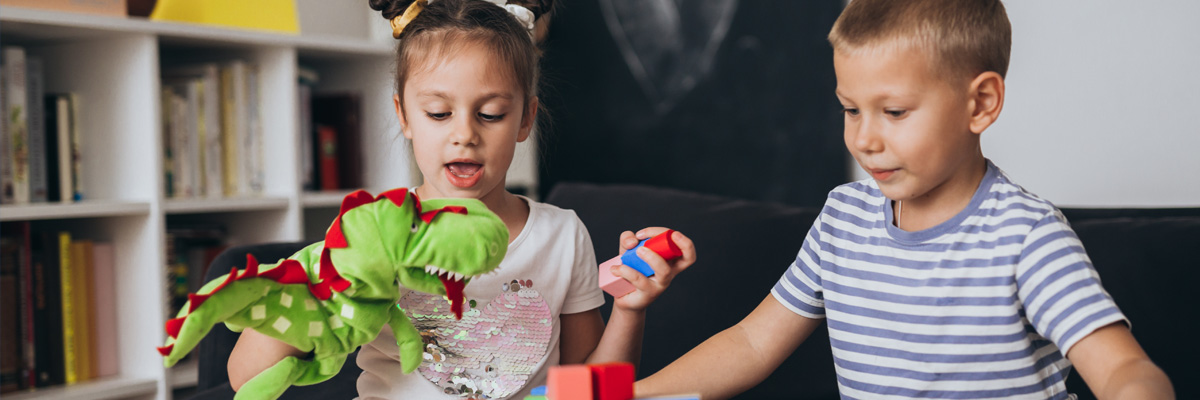
One of the core deficits with autism is social skills. Individuals generally possess a desire to interact with those around them — but often do not know how to begin. This can lead to confusion, frustration, and other emotions.
Fortunately, this presents an opportunity. By understanding how autism affects social development and social skills, the individual and their support community can work to fill in gaps. As they build awareness and aptitude around socializing, the person with autism gains confidence. This can help to foster better social engagement, putting them on the path to building stronger social skills.
Autism and socialization
None of us are born fully understanding how to interact with the people around us. That’s something we learn over time. We are taught how to take turns and we pick up the natural flow of conversation through the years. The difference is that this might come more quickly and easily for a neurotypical person than for someone with autism.
That’s because autism can affect:
- Verbal skills and expressing oneself effectively
- Communicating one’s wants and needs
- Rapport building with others
- Perspective taking (i.e., putting yourself in someone else’s shoes)
- The ability to pick up on social cues
- Sensory perception (e.g., awareness of body language)
- Ability to understand situational context
While a neurotypical person might not think much about some of these things, they all play large roles in social situations. They help you anticipate what’s to come and react “appropriately.” Consequently, someone with autism might feel as though they’re flying blind in social settings.
Developing skills
Fortunately, both at home and in a dedicated learning space like Stride Autism Centers, children with autism have the opportunity to develop the social skills they may have had trouble building before. As the adage goes, practice makes perfect.
At home, start by building on their strengths in a way that’s comfortable for them. Engage in conversation — encouraging a back-and-forth and listening — about a topic you know interests them. Play a game you know they enjoy, but emphasize turn-taking. By fostering social skills in a platform that’s comfortable for your child, you can help them build these abilities without feeling overwhelmed.
Also, look for teachable moments. Generally, it can be helpful for someone with autism to have abstract concepts broken down into concrete components. “Body language” can be hard to grasp. Instead, say something clear like, “When you play with something else and look away when I’m talking, I feel like you’re not listening to me.”
The goal here is to build your child’s self-esteem along with their self-awareness. So start small and work your way up, providing encouragement and clear direction along the way.
We’re here to help. We emphasize effective play and social skills at our centers. At Stride, we give children opportunities to interact with their peers in a structured, supportive environment. With our naturalistic group activities, we support their development and foster school readiness.
If you want to learn more about how we can help your child build the social skills they need, get in touch.







